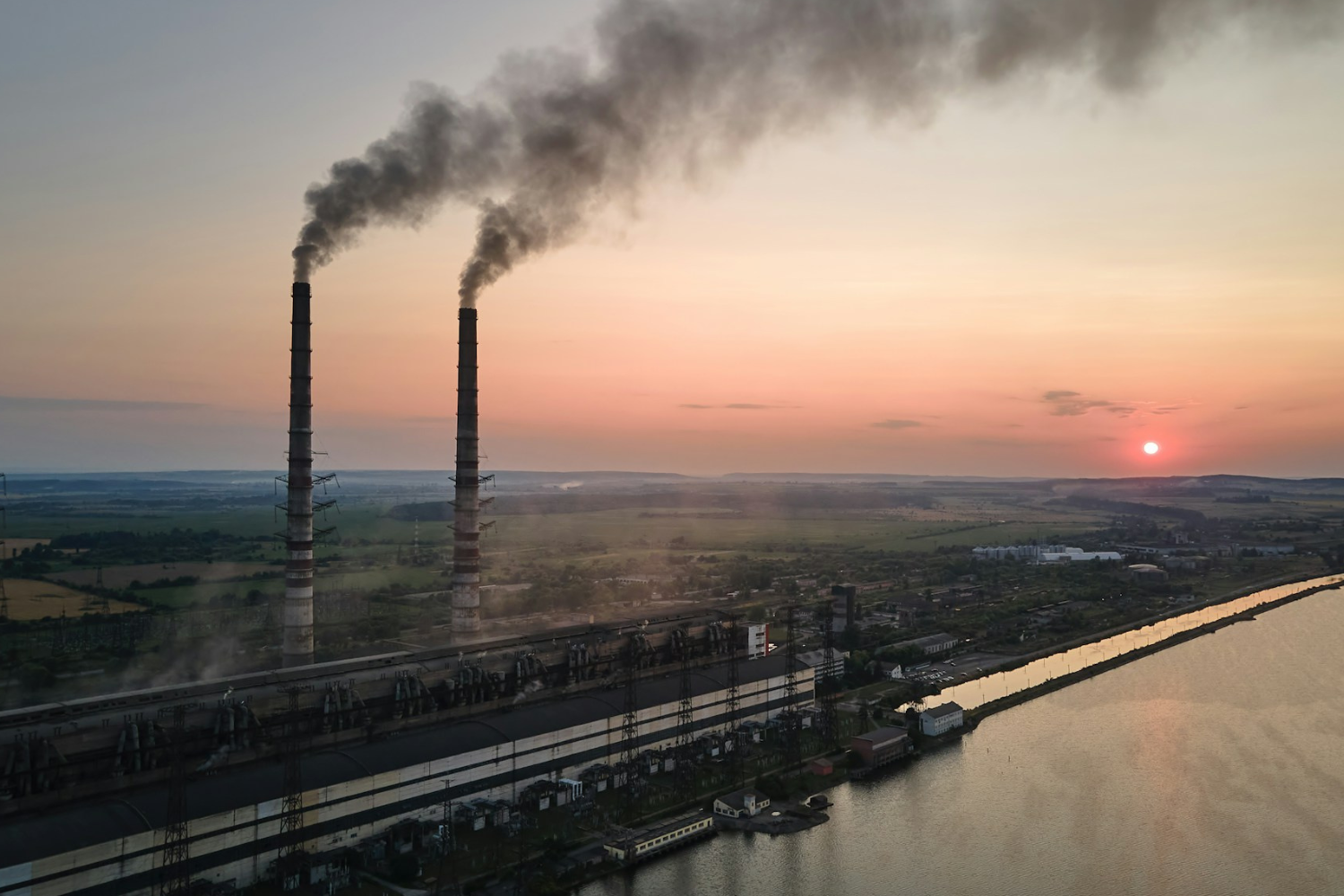Cutting Carbon Emissions Would Benefit the Global Economy, Research Suggests

Getty Images for Unsplash+
Evidence clearly shows positive economic impacts of decarbonization for most countries, and for the global economy, according to a leading expert in climate policy and economics.
The global net benefits of decarbonization are unequivocal, Professor Paul Ekins argues, and become even more compelling when the health benefits of reducing local air pollution from the burning of fossil fuels are factored in.
Professor Ekins has set out a clear map to achieving ‘real zero’ (as opposed to ‘net zero’) carbon dioxide emissions by 2050, and negative emissions thereafter, which he says ‘is the only way to stop human-induced climate change’.
Net zero refers to balancing out greenhouse gas production with offsetting schemes, whereas ‘real zero’ means no carbon is produced at all.
How to stop climate change
In his new book, Stopping Climate Change, Professor Ekins sets out concisely the science, the politics and the possibilities for zero greenhouse gas emissions.
Professor Ekins is Professor of Resources and Environmental Policy at the Institute for Sustainable Resources, University College London (UCL) and as an economist he has consulted businesses and government for decades on economically beneficial climate prevention.
The book covers all aspects of the technology, policy and market developments needed to solve the climate problem, spelling out what is happening and what is not, and what could and should be done to deliver real net zero and genuine climate security.
Professor Ekins explains: “To reach the Paris 1.5oC target the top-level priorities are clear: stop emitting carbon dioxide and methane from the production and burning of fossil fuels, stop deforestation.
“We must start removing carbon dioxide from the atmosphere at scale, by sequestering it underground, and in land (in new forests and in soils) and the oceans.”
What are the obstacles?
Ekins also identifies the major obstacles to stopping climate change, including the fossil fuel industry and governments that continue to subsidize fossil fuels.
He says: “The fossil fuel industry is determined to produce far more oil and gas than is consistent with the Paris 1.5oC target, and uses its huge power for systematic misinformation and lobbying.”
Ekins also criticizes the ‘voluntary carbon market’, whereby some companies pay other companies to buy ‘carbon offsets’ that do not sequester carbon in order to keep on emitting themselves.
“There is a lot of misinformation out there, with politicians who believe (wrongly) that the transition to low-carbon energy will make the ‘cost of living’ crisis worse for their citizens, and members of the public who think that switching to no or low carbon alternatives will leave them out-of-pocket.
“It’s up to governments to correct this false narrative,” he argues, “but some, like the UK Government, actually seem to have bought into that narrative”.
He also suggests governments should further incentivize investment by the private sector in low-carbon infrastructure and halt continuing investment in high-carbon infrastructure, including new oil and gas licenses and coal mines.
Ekins cites Cambridge Econometrics assessment that achieving the UK’s 2050 net- zero target would lead to an increase in UK GDP of 2% by 2030 and 3% by 2050, and adds: “In the light of such evidence it is remarkable that the myth persists that decarbonization in general, and UK decarbonization in particular, will be unaffordable.”
Removing obstacles
Professor Ekins gives a realistic assessment of the widespread changes that are needed, from investing in energy efficiency in buildings, transport and industry to accelerating the deployment of renewables, especially in developing and emerging economies.
“Removal of the obstacles to decarbonization is critical and urgent, and there is no reason why it couldn’t be addressed right away. For example, creating an electricity grid that can accommodate a high share of variable and intermittent renewables must happen at speed,” he explains.
He also outlines a series of economic actions including incentivizing lower-meat diets where current diets are bad for health and providing appropriate incentives for farmers to produce ecosystem services as well as food.
“Clearly governments need to introduce policy mixes to achieve these objectives involving economic instruments (e.g. taxes and subsidies), regulation, information measures and innovation support, while ensuring that those on low incomes are not adversely affected,” he explains.